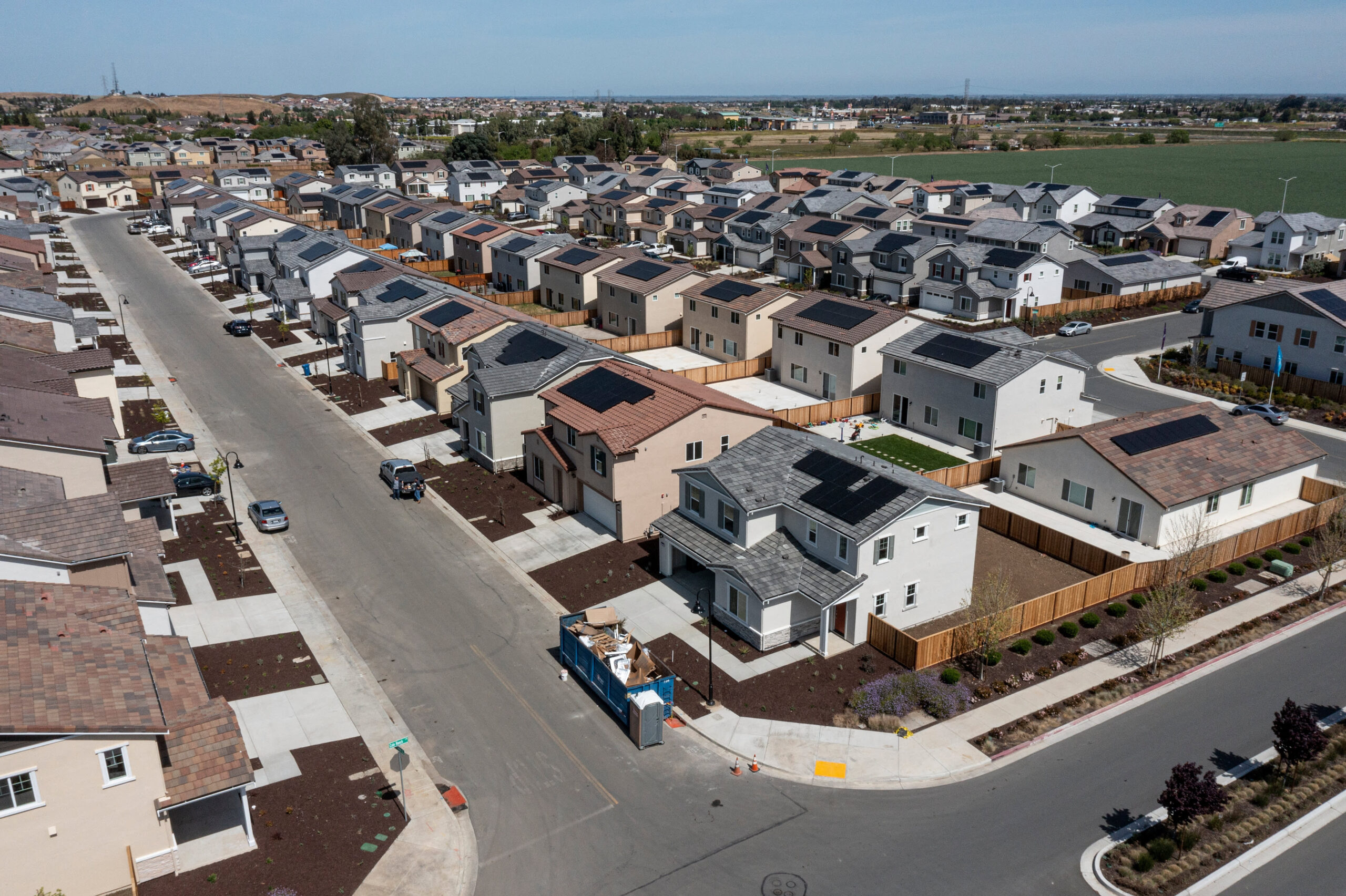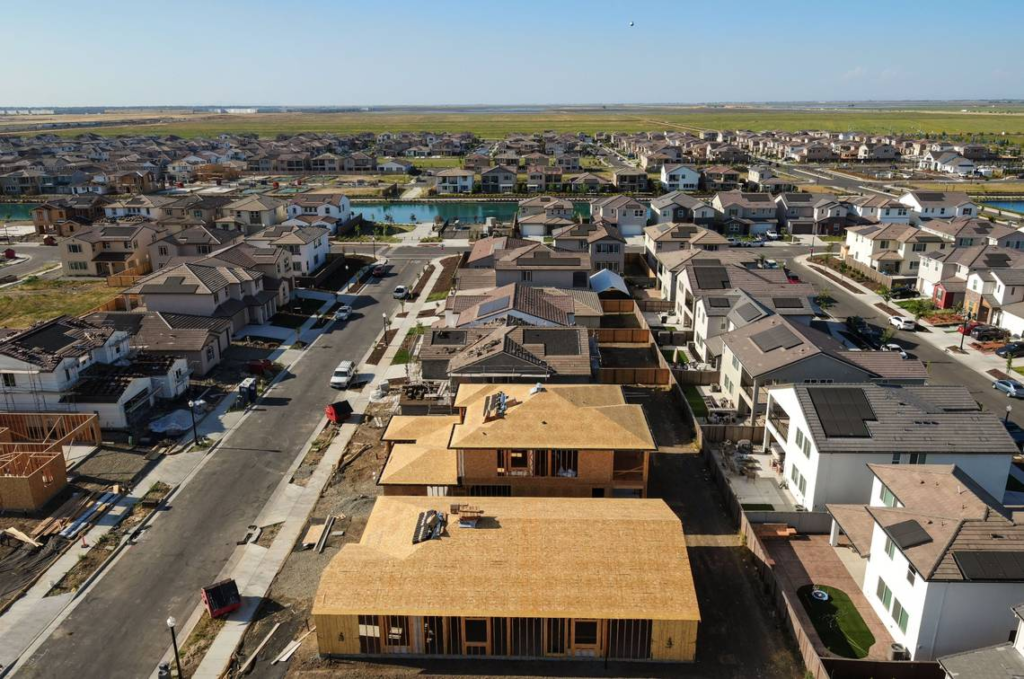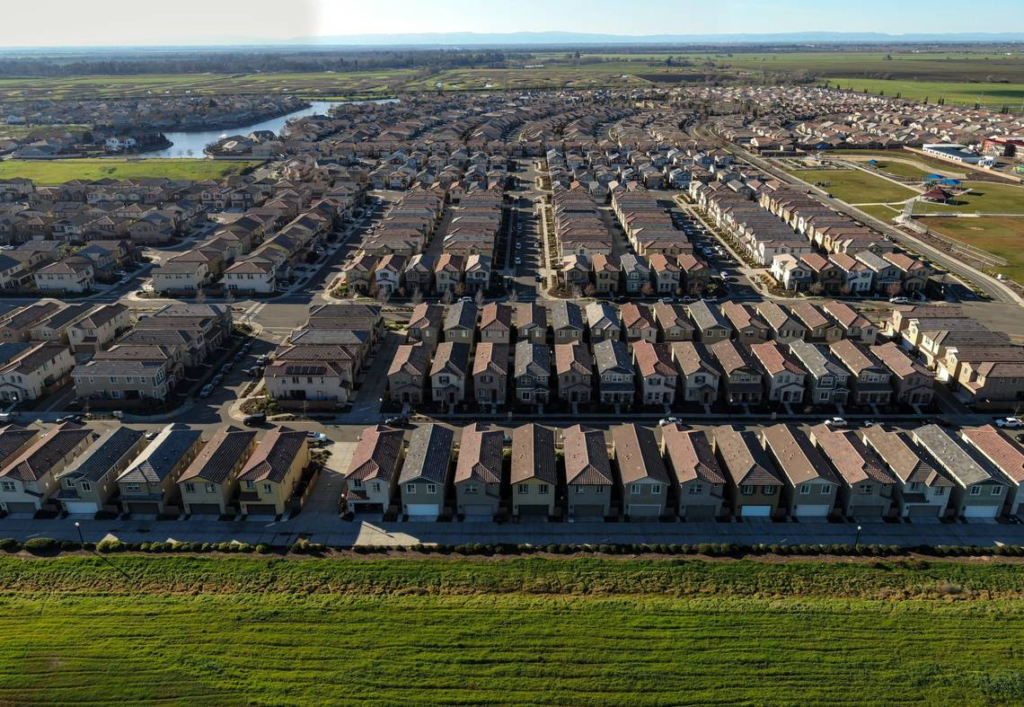
The US housing market has remained one of the most resistant when it comes to inflation rate. Other sectors like agriculture and manufacturing have witnessed improvement in the inflation ratio in the last couple of years but when it comes to housing, prices are still high while the availability is still low. The main problem is as simple as supply and demand where it is evident that the demand is inversely proportional to the supply. According to the statistics, there are many more people who are willing to purchase a home and with little availability for homes for sale. This difference has been aggravated by two factors; first, the pandemic led to an increased demand for homes, and second, mortgage rates have few back up from record low levels to the highest levels in a generation.

While this is the case, there is some reprieve, believing that the Federal reserve is likely to decrease the interest rates to better the housing market. But the question remains: will it be beneficial or rather be counterproductive?
The basic concept here is that when the central bank of the United States that is the Federal reserve lowers the rates on borrowing, the interest rates such as the rates on mortgages are also reduced. This may lead to increased homeowners selling their homes since the low interest rates will not appear like a trap for them. If more homes were to be offered for sale in the market the supply of homes will also be high and this we believe may lead to a low supply of homes. In theory it also would remove people from the rental market and thus reduce rent levels.
This kind of optimistic, though, is what some pundits like Daniel Alpert of Westwood Capital refer to as a ‘Goldilocks scenario’ – not too hot, not too cold, but just right. Still, slightly lower mortgage rate would ease the pressure on the market for both those seeking homes to buy and houses to rent.
However, there’s a catch. If the Federal reserve cuts rates too slowly or too gradually this may not be enough to entice homeowners to sell, particularly those who took mortgages below 3% at the start of the pandemic. What would remain, is the supply issue – that would constrain prices and prevent homeownership for people at large.
On the other hand, if the Federal Reserve moves aggressively and cuts fifty basis points or more it may well be a signal to the market that it is serious about the housing problem. Interest rates namely; mortgage whose latest rates average 6%. 2%, after which the decline could be even to below 6%. The chief economist at Redfin Daryl Fairweather has said that even bringing it down slightly to 5. 9% could be very psychological in the market and push more people to release their homes or acquire homes.

But here is a catch. Reduced interest rates may increase the demand as there will be a scramble of individuals tapping on cheaper financing. If the demand increases while the supply is still low, then it is very likely for the prices to go higher which will be even worse in the aspect of housing. According to Greg McBride from Bankrate the following pertains to thoughts on lower mortgage rates: “A further decline in mortgage rates might elicit a rush of interest that makes it more difficult to purchase a home. ”
Thus, even if some of the systems appear less tight at present, rate cuts admittedly, would not resolve the supply difficulty. If there are no new homes for buyers to construct or buy then the housing market could still be constricted and the affordability gap persistent.
For More Visit – Google





Выгодные предложения на технику Microsoft, которые не оставят вас равнодушными.
приложения power apps best-lip-filler.com .
Advantages of double glazed windows in Melbourne
cost of double glazed windows melbourne cost of double glazed windows melbourne .
Choose a profession on Lineage 2 servers for character development
best Lineage 2 servers https://www.cryptoexlicense.com/ .
Why are domestic animals so important, why domestic animals have become so popular.
How to choose a pet, popular pet breeds.how to ensure comfort and care for pets, how to ensure the health of your pet.fun facts about pets, how pets influence us.effective methods of pet training, how to teach a dog to fetch.
domestic animals and their young ones http://www.petstorepetsupply.com/index.php/2024/06/12/gardening-for-mental-health/ .
Inmolux Group Costa del Sol: your real estate partner, explore our services.
project management property management https://traffic-arbitrage.com/en/services/project-management/ .
Futuristic inventions that are already a reality, amazing gadgets you never knew you needed.
albert einstein inventions https://www.washingtondchotelsonline.com/index.php/2024/06/16/inventions-that-defined-generations/ .
Luxury on wheels for rent
best luxury car rental http://www.trafficarbitration.com .
Efficient maintenance of heating and air conditioning systems, Expert service for heating and air conditioning
air conditioning repair companies http://www.best-lip-filler.com /air-conditioning-services/air-conditioning-repair.html/ .
How to start collecting command coins, for creating a unique and fascinating collection.
custom fire challenge coins custom fire challenge coins .
Republic Windows and Doors – a reliable partner for your home, brings quality and stability to your home.
Choose quality and style with Republic Windows and Doors, that bring individuality and comfort to your interior.
commercial window replacement commercial window replacement .
Choose a style that suits your loved one with Interwood caskets
large pet wood casket http://best-interwood.com/ .
Shop now for top-notch pine lumber products,
Transform your space with our pine lumber products, Top choice for pine lumber supplies, Upgrade your woodworking with pine lumber, Invest in the best pine lumber, Choose from a range of sizes and finishes in pine lumber
pet burial container http://www.distressed-paneling.com/ .
Book an appointment with the best heating and air companies in town, Heating and air companies that respond quickly to your needs.
airconditioning installation http://www.pump-maintenance.com/air-conditioning-services/air-conditioning-installation.html .
Visit the best gambling sites: for incredible experiences
casino online casino online .
Trust only the best online casinos, for guaranteed enjoyment.
Trust only the best online casinos, for exciting wins at online casinos.
Choose trusted gambling entertainment sites, for thrilling gambling adventures.
Trust only trusted online casinos, for exciting wins in gambling.
Reliable online casinos with guaranteed payouts, for safe play and pleasant time.
Play only at reliable online casinos, for safe and enjoyable gambling.
Guaranteed wins at the best online casinos, for maximum enjoyment and safety.
mobile live roulette https://www.royalspins-game.com/casino-reviews/live-casinos/ .
Online casinos value your time, play wisely and win.
live dealer games live dealer games .
Windows and doors by Republic, with excellent features.
Update your home, with windows and doors.
Classic and modern, in every door.
with quality guarantee.
Perfect solutions for your home, with Republic windows and doors.
Refresh your interior, with reliable windows and doors.
Energy-efficient doors, from Republic company.
Products that impress, by Republic.
High-quality windows and doors, at great prices.
solutions.
Windows and doors for your interior, with Republic products.
Stylish windows and doors for any interior, from Republic company.
Special offers on windows and doors, by Republic company.
Reliable interior solutions, by Republic company.
Modern window technologies, for your comfort.
Turn to us for quality, windows and doors.
Cut heating costs, Republic.
Every corner of your home matters, with windows and doors.
Long-lasting solutions from professionals, by Republic company.
colonial style windows http://www.wearehoist.com/colonial-melbourne .
One of the key advantages of balloon delivery in Dubai is the variety available. From helium-filled balloons to custom arrangements, choices are vast.
balloons delivery http://www.bestwedding-video.com/ .
Adding a natural terpene blend to your lifestyle might contribute to better overall health. As knowledge about the benefits of terpenes expands, many are exploring these natural options for wellness.
terpenes for cosmetics uk https://www.chinese-shipments.com .